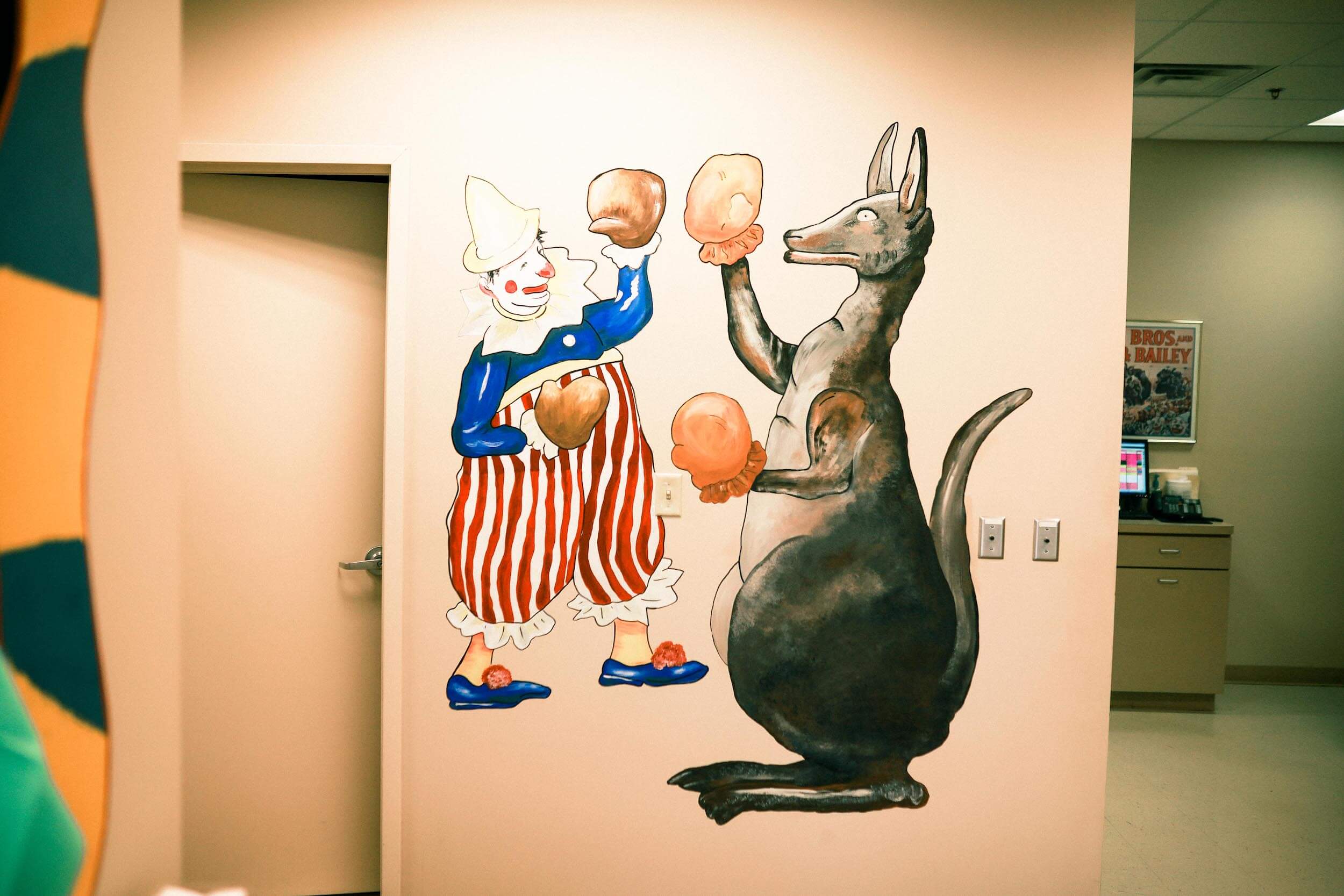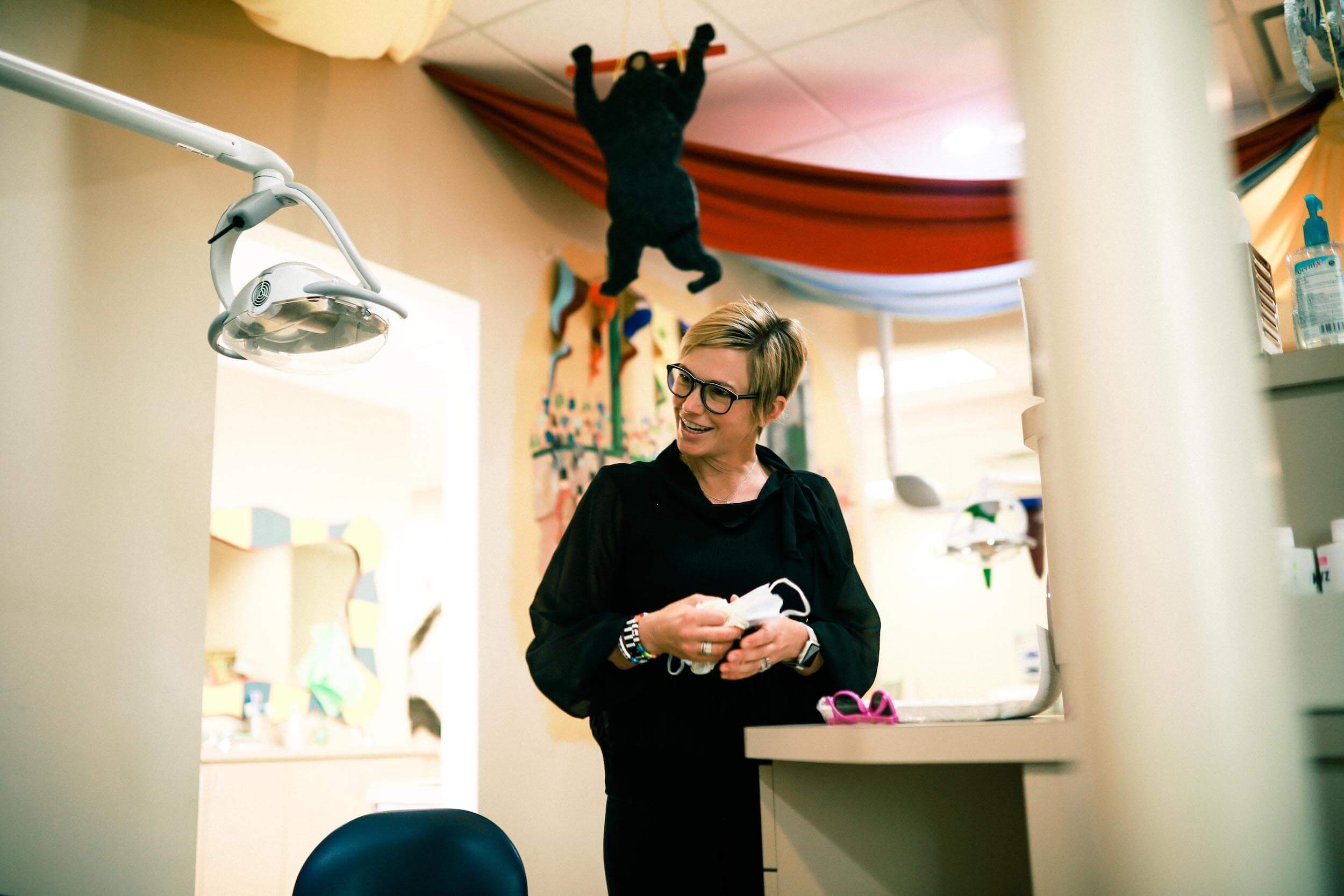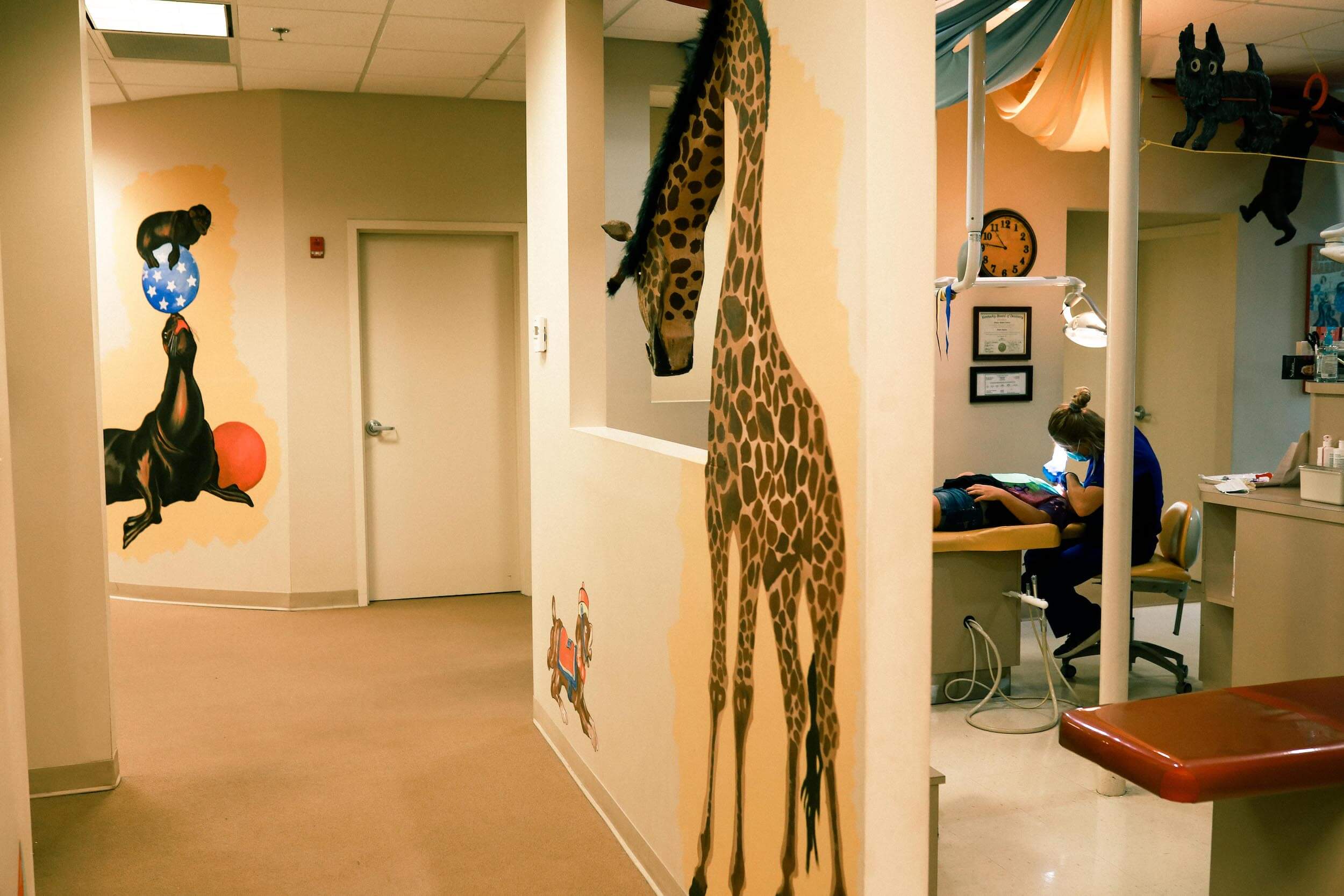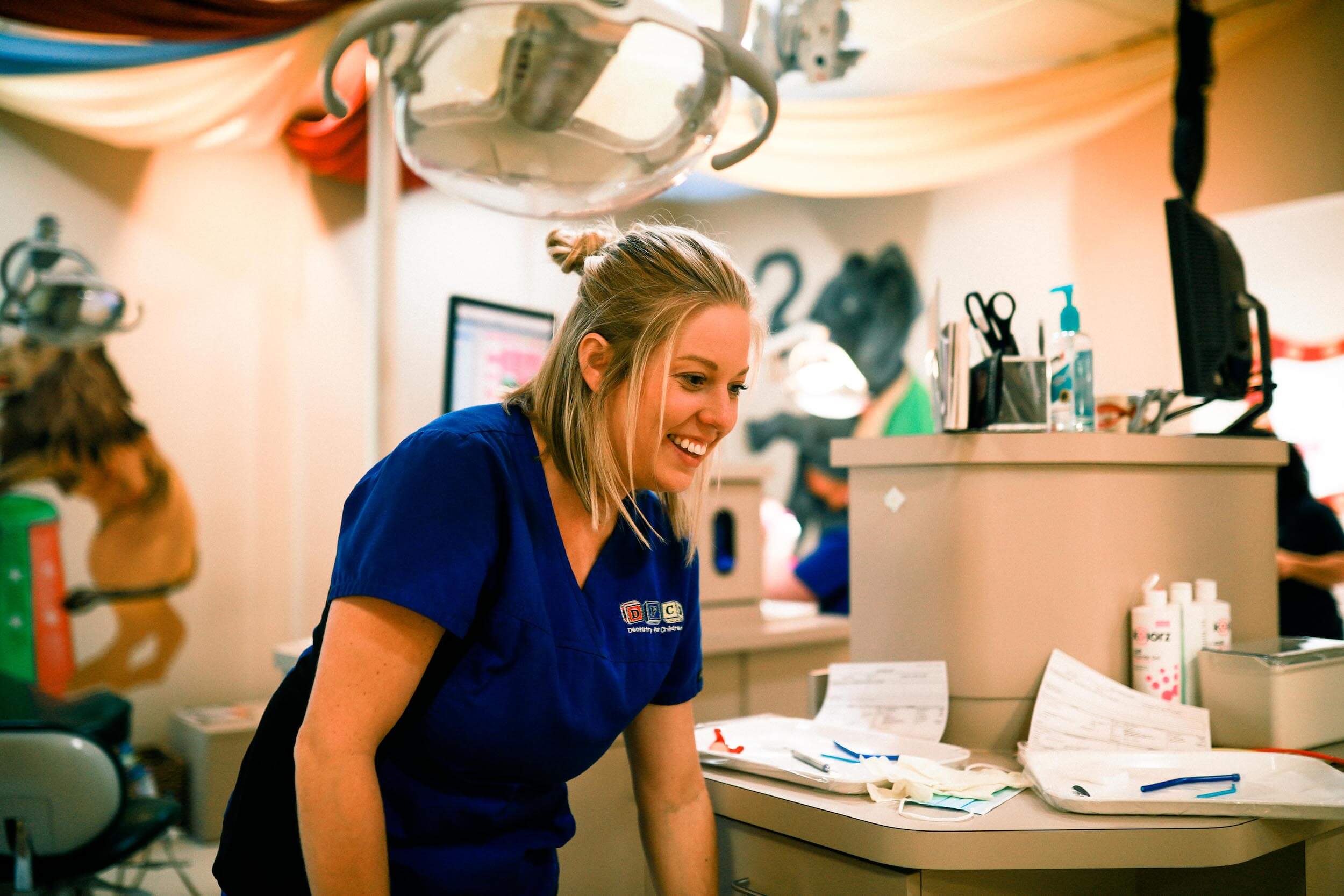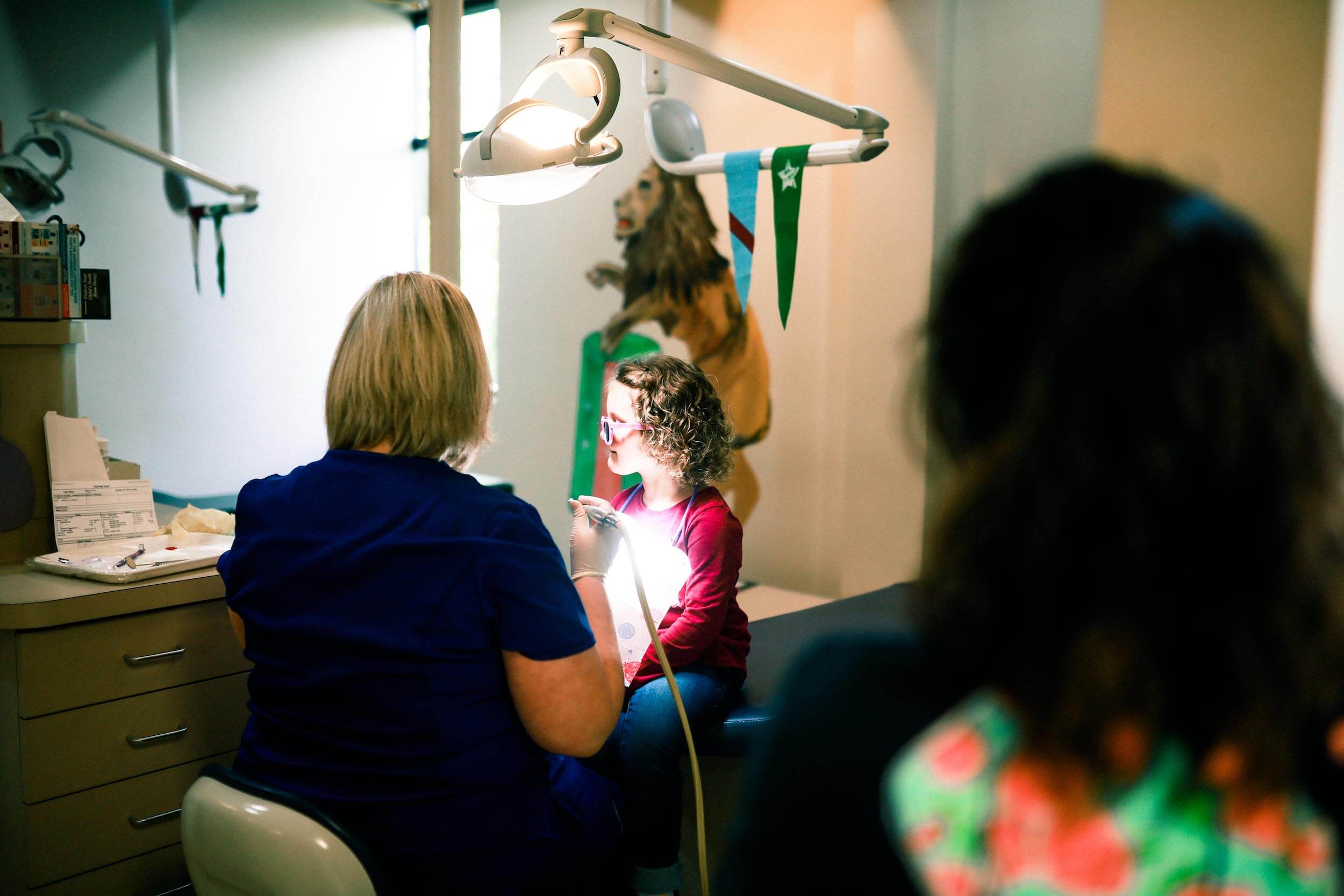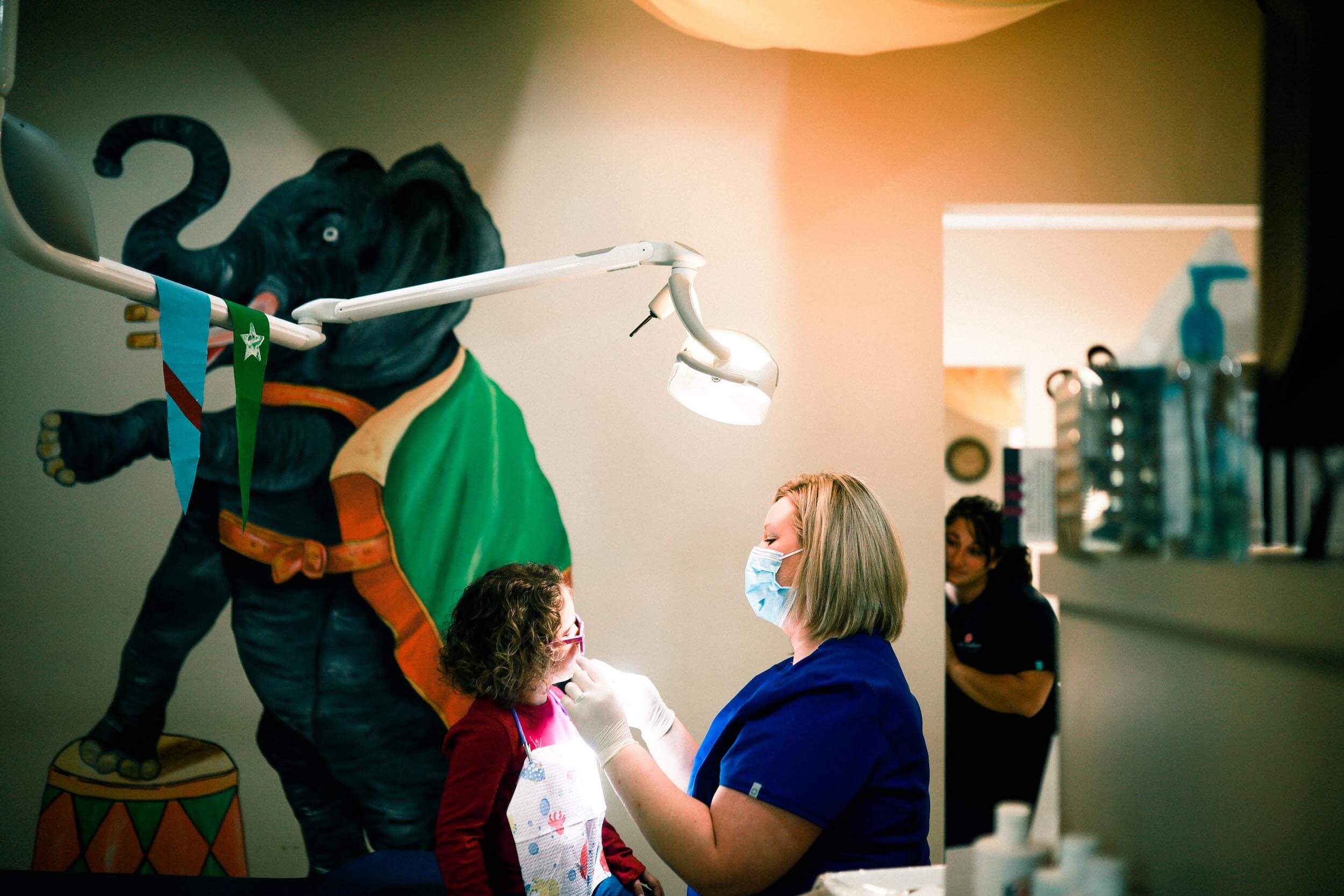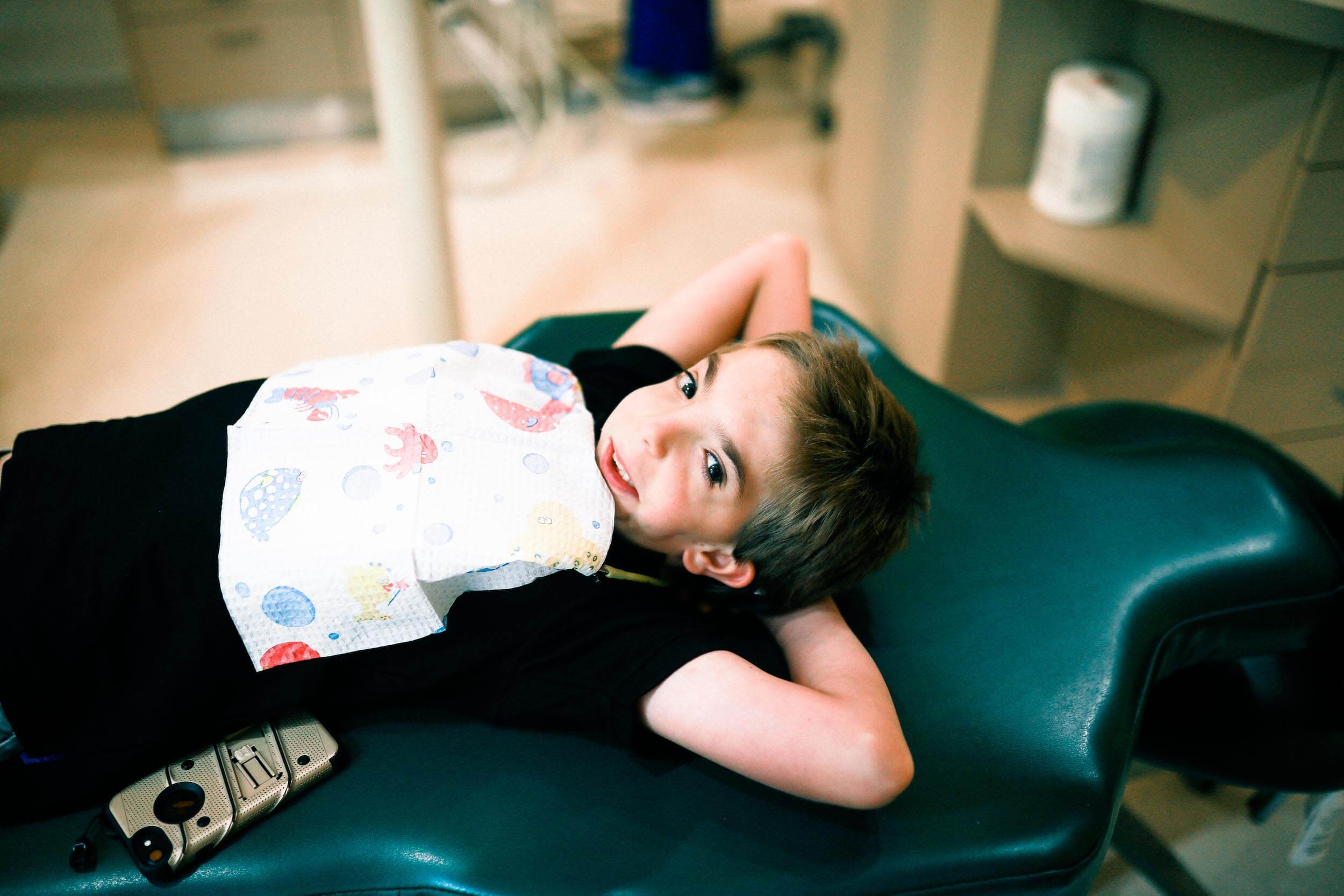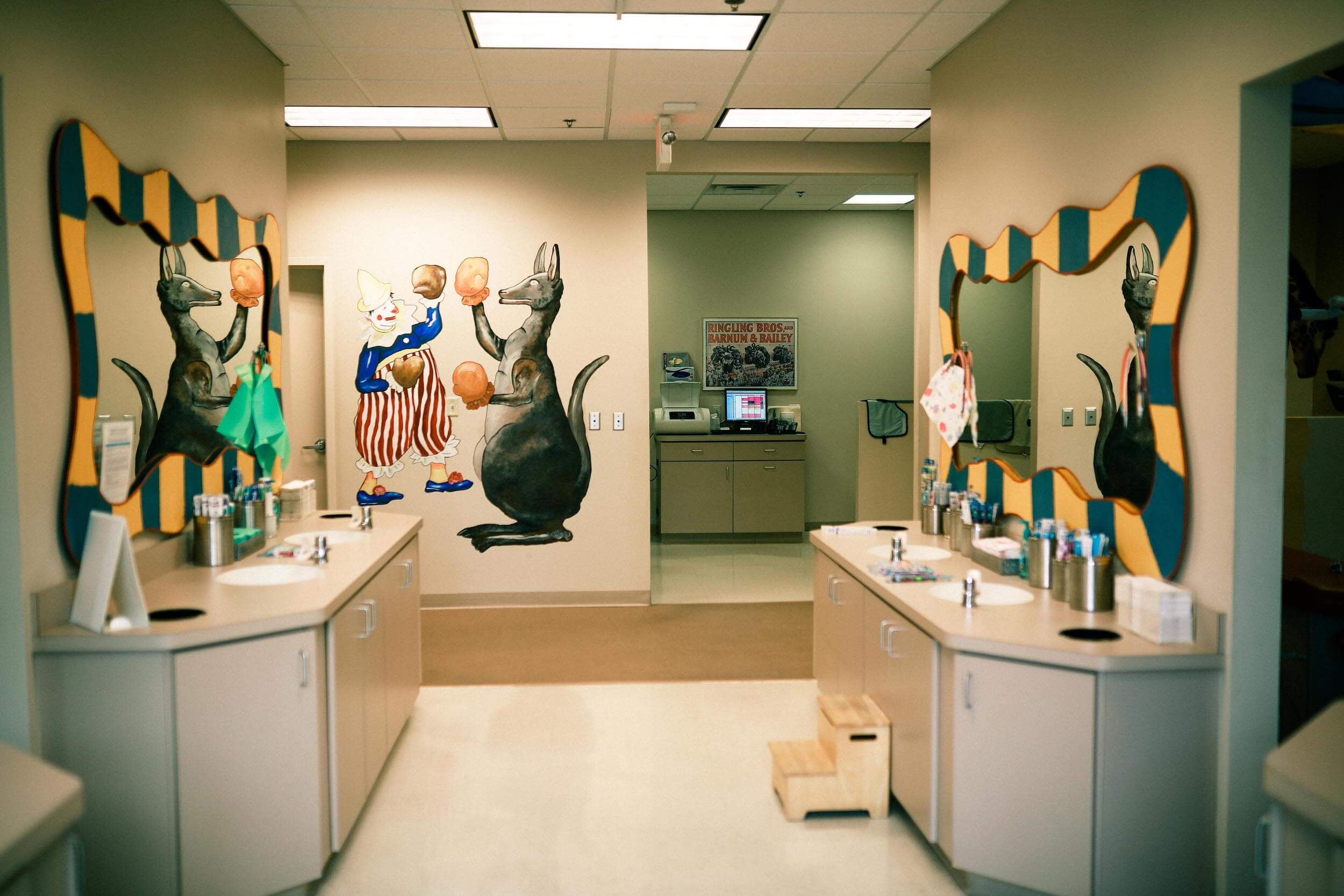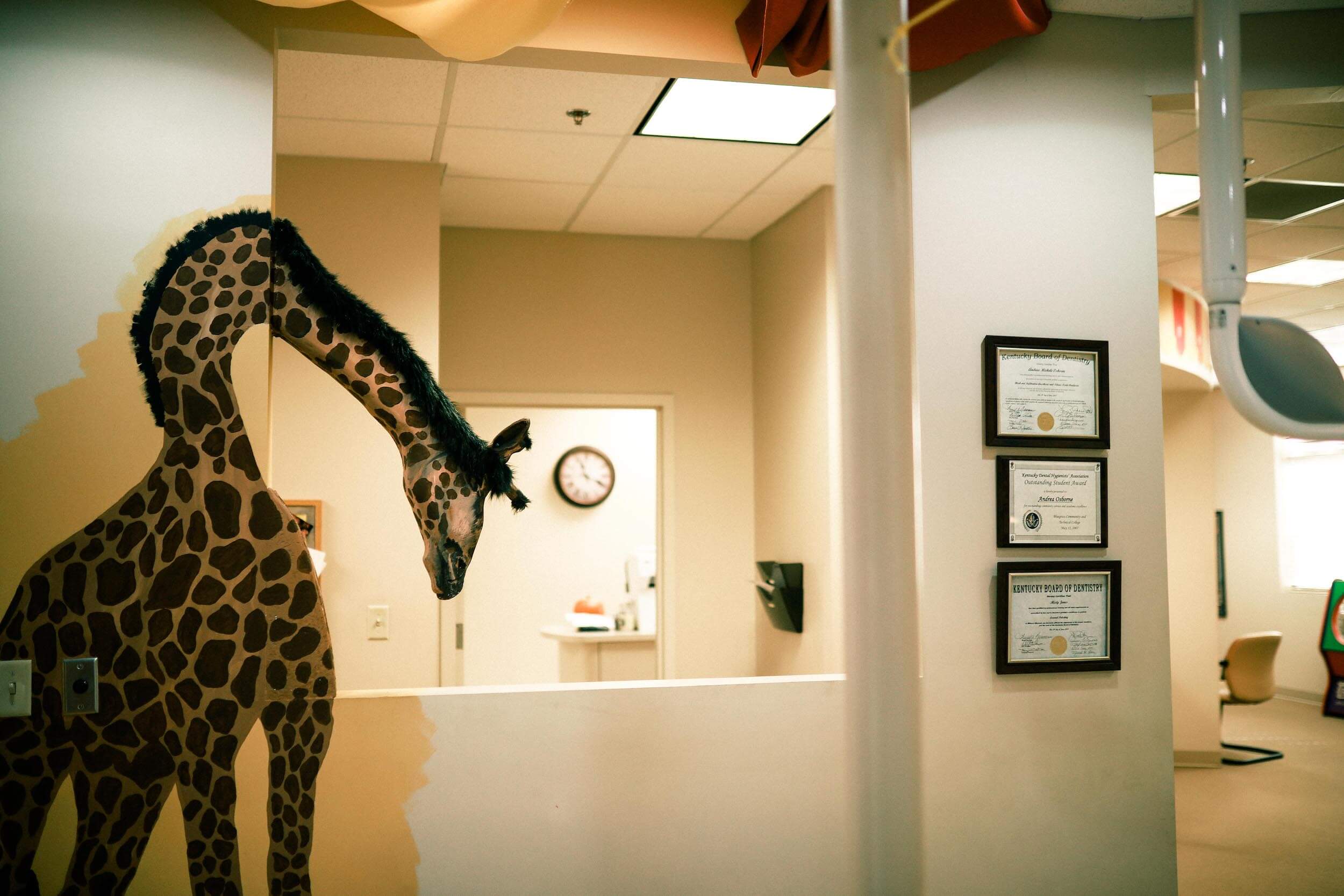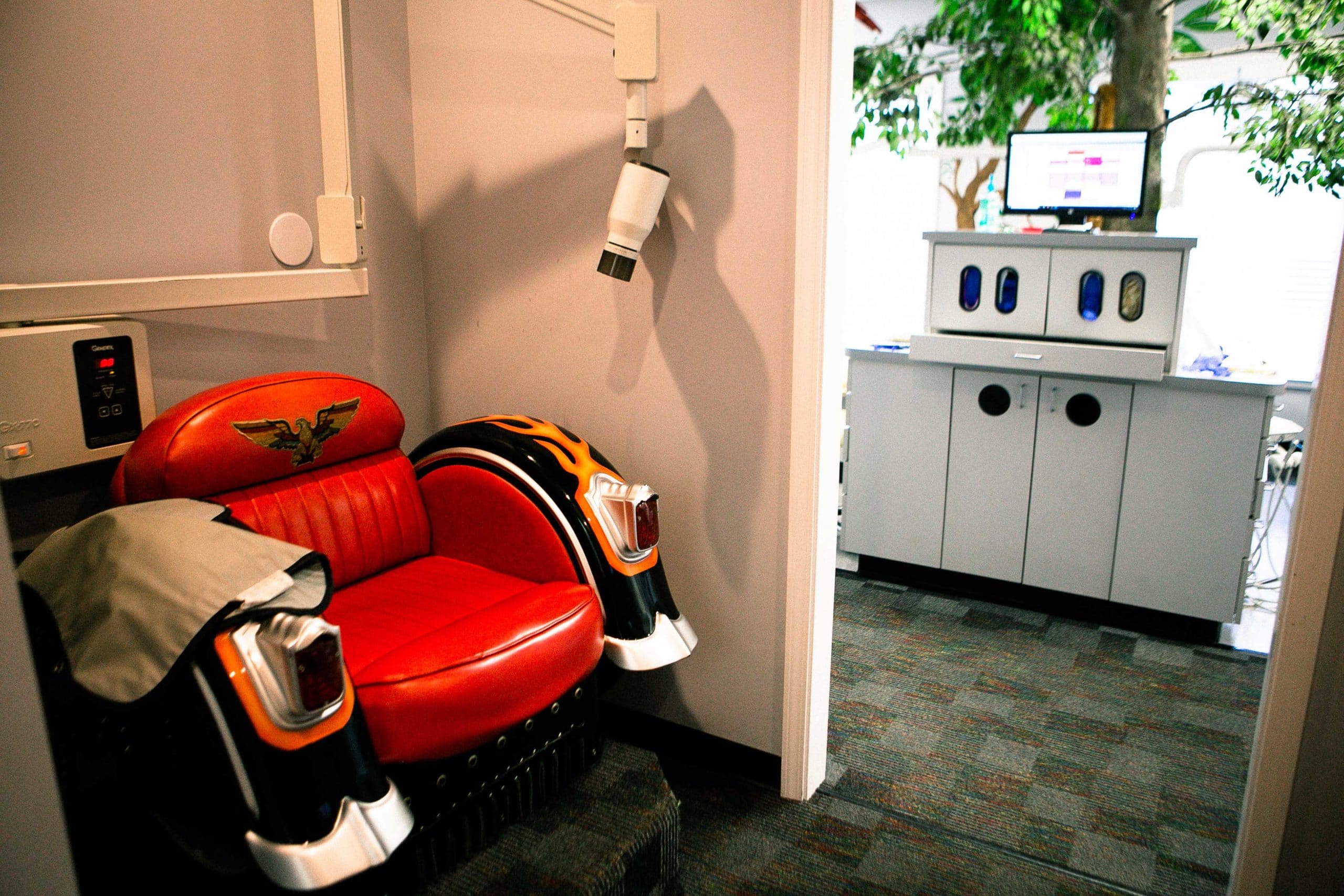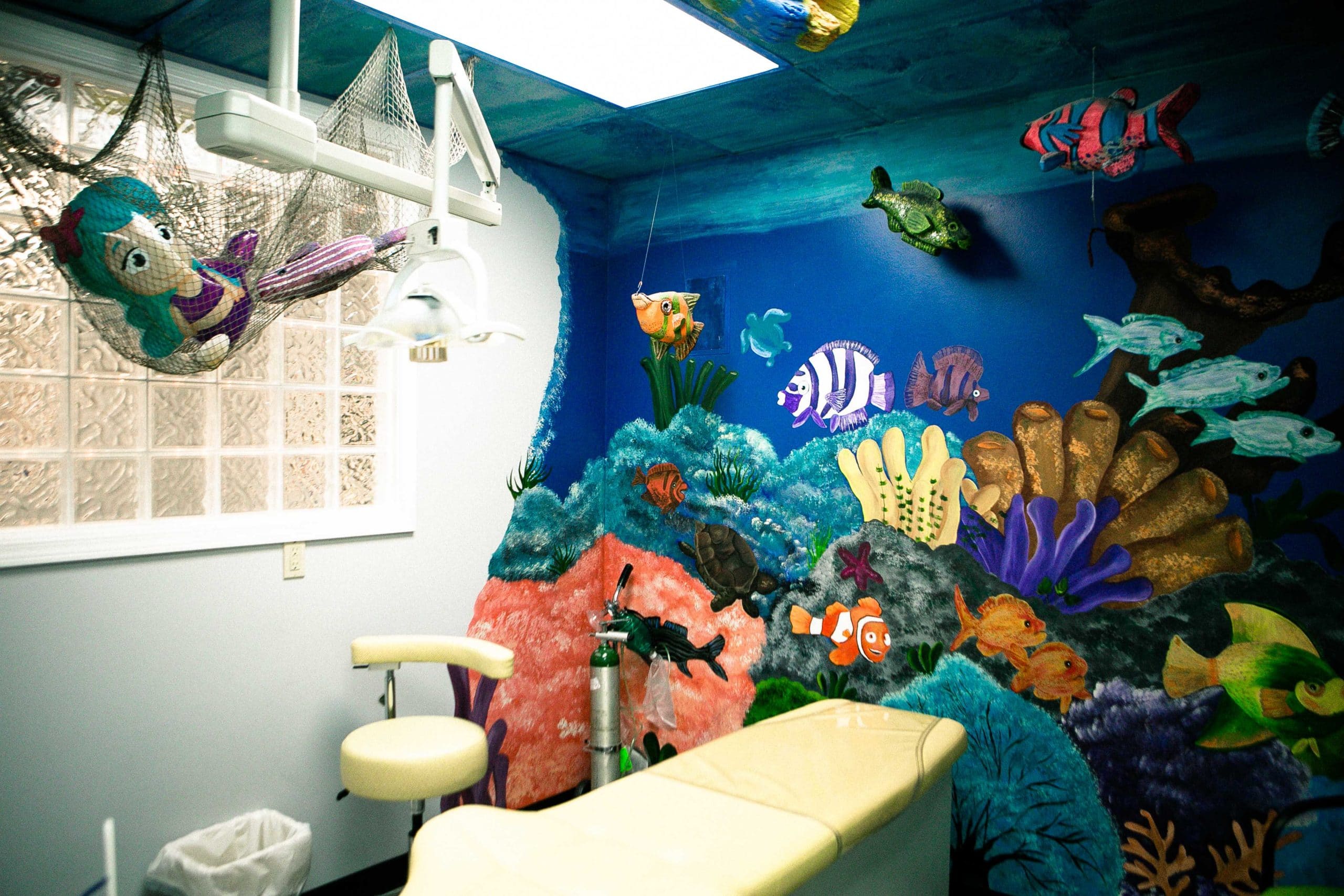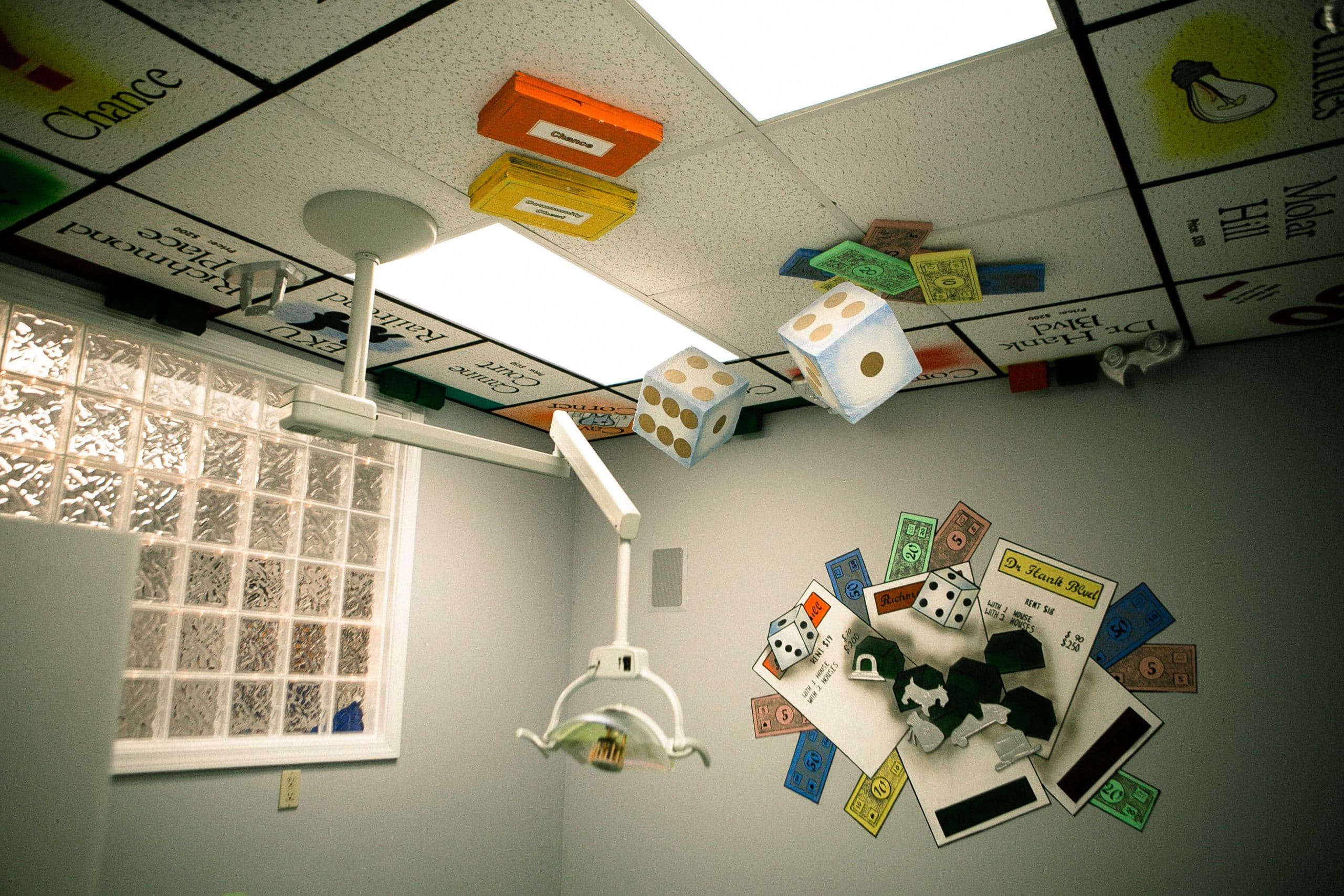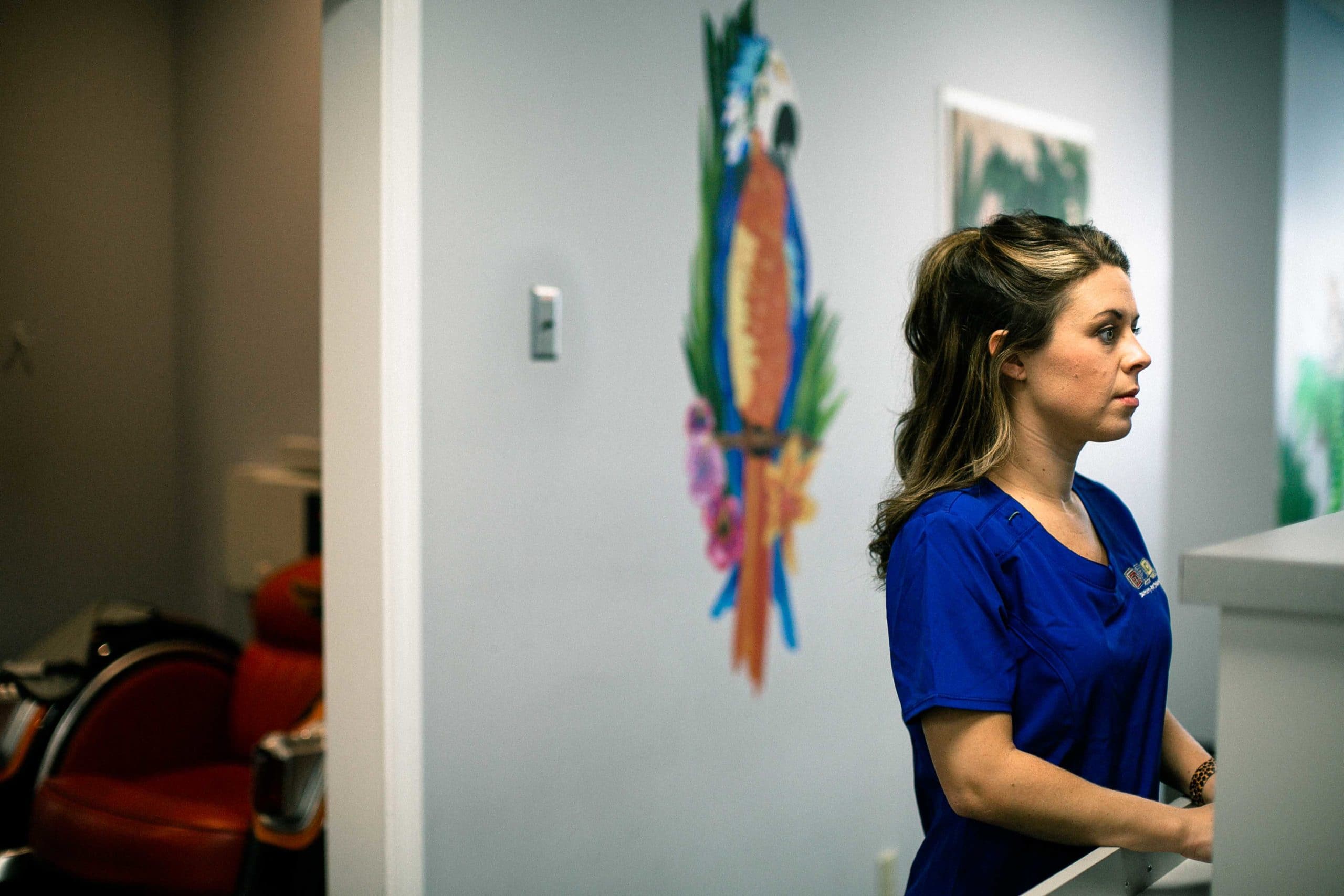ANXIETY-FREE PEDIATRIC DENTAL CARE
Our staff is fully committed to providing complete dental care for children, adolescents, and the handicapped in our communities and promoting their lifelong dental health.
What to Expect When You’re Here
Special Care
One-on-One Attention
Each child is unique, which means that each child’s teeth are unique. At Dentistry for Children, we emphasize one-on-one attention for each child in order to create a treatment plan that is personalized to each patient’s individual dental needs.
Preventative Dentistry
At Dentistry for Children, our goal is to prevent dental issues from arising before it’s too late. We recommend scheduling a check-up appointment every 6 months to ensure your child’s teeth are growing properly with no underlying problems.
Restorative Dentistry
Restorative dentistry is dental work required as the result of cavities. Dentistry for Children performs all types of restorative dentistry on our patients through the most appropriate method of sedation for the comfort and safety of your individual child. In a continued effort to provide the best for your child, we offer only tooth-colored fillings.

Types of Sedation We Offer
Nitrous Oxide Sedation
Oral Conscious Sedation
Sedation may be indicated for children that have very high anxiety, children that are very young and do not understand how to be cooperative in a dental setting, children with special needs, and children who require extensive dental treatment.
General Anesthesia
Dentistry for Children also offers general anesthesia as a treatment option. General anesthesia may be indicated for children with extensive treatment needs that are extremely uncooperative, special needs patients, or patients that are too young to be a candidate for sedation.
Nitrous Oxide Sedation
Our most popular tool for helping our patients to be more comfortable with restorative dentistry is nitrous oxide (laughing gas). The AAPD (American Academy of Pediatric Dentistry) says that “Nitrous oxide with oxygen is a safe, effective sedative agent used to calm a child’s fear of the dental visit and enhance effective communication. Additionally, it works well for children whose gag reflex interferes with dental treatment.”
Oral Conscious Sedation
Sedation may be indicated for children that have very high anxiety, children that are very young and do not understand how to be cooperative in a dental setting, children with special needs, and children who require extensive dental treatment.
General Anesthesia
Dentistry for Children also offers general anesthesia as a treatment option. General anesthesia may be indicated for children with extensive treatment needs that are extremely uncooperative, special needs patients, or patients that are too young to be a candidate for sedation.

Other FAQs
When to start using fluoride toothpaste?
Fluoride should not be used on children younger than six months. For children younger than 3, we recommend that parents and caregivers use no more than an amount the size of a grain of rice as soon as the tooth has erupted from the gums. For children 3-6, a pea-sized amount of fluoride-containing toothpaste is ideal.
Does my child need braces? When is it time to see an orthodontist?
If your child is age 7 or older, it’s time to visit an orthodontist. The earlier you can get your child in for an examination with an orthodontist, the easier it will be to ensure they start treatment at the right time to obtain the best results on the easiest path.
What to expect at the first appointment?
It’s important to visit a pediatric dentist around the child’s first birthday to develop proper oral hygiene habits early, in order to prevent tooth decay. The first appointment is equally important for us to discuss how to care for a young child’s mouth, the importance of proper oral hygiene, and your child’s developmental milestones.
The key role of the first visit is to help your child become familiar and comfortable with our office and to build trust with our team.
Contact Us

